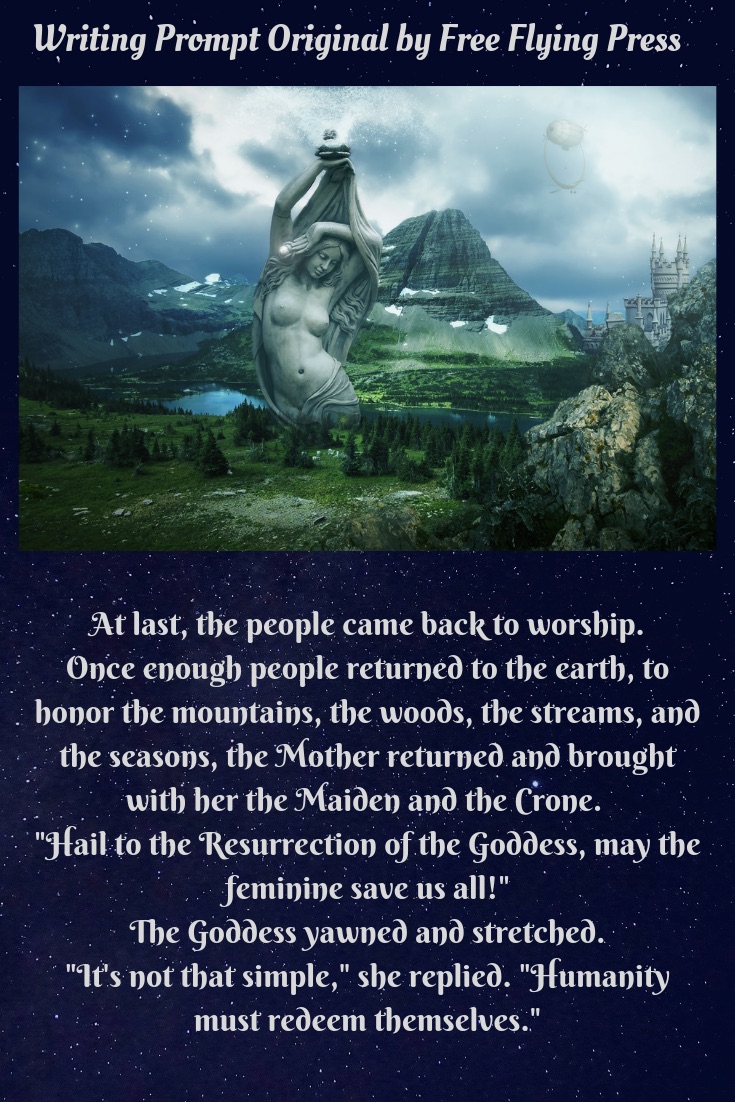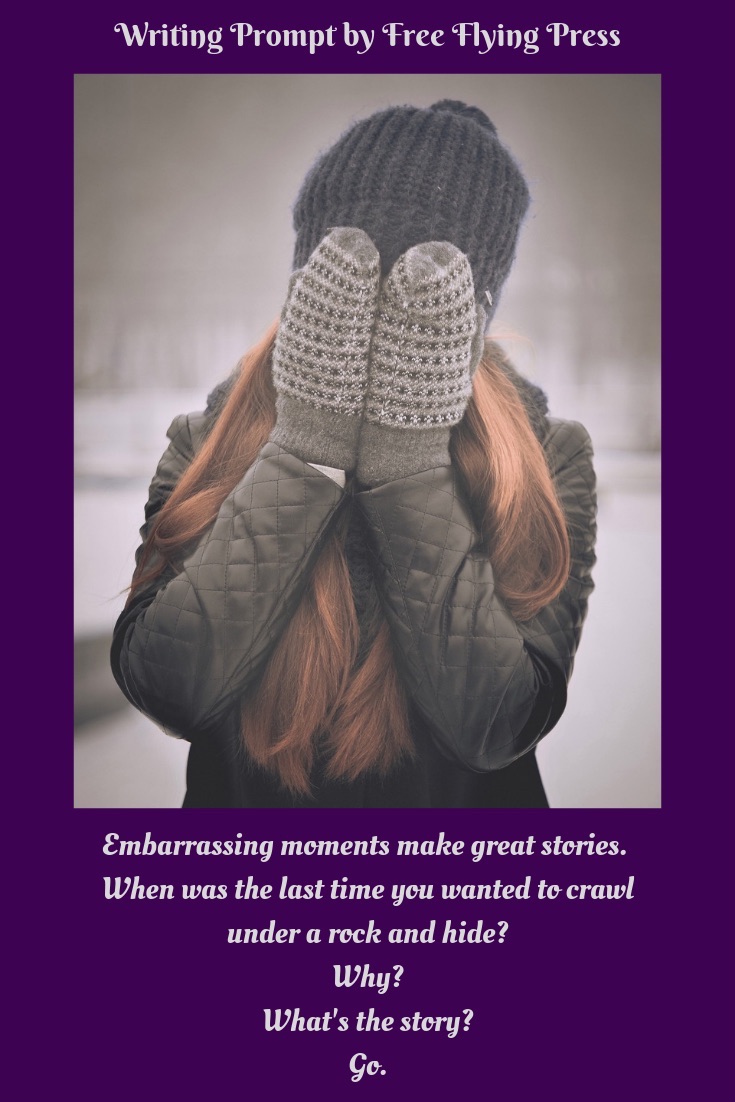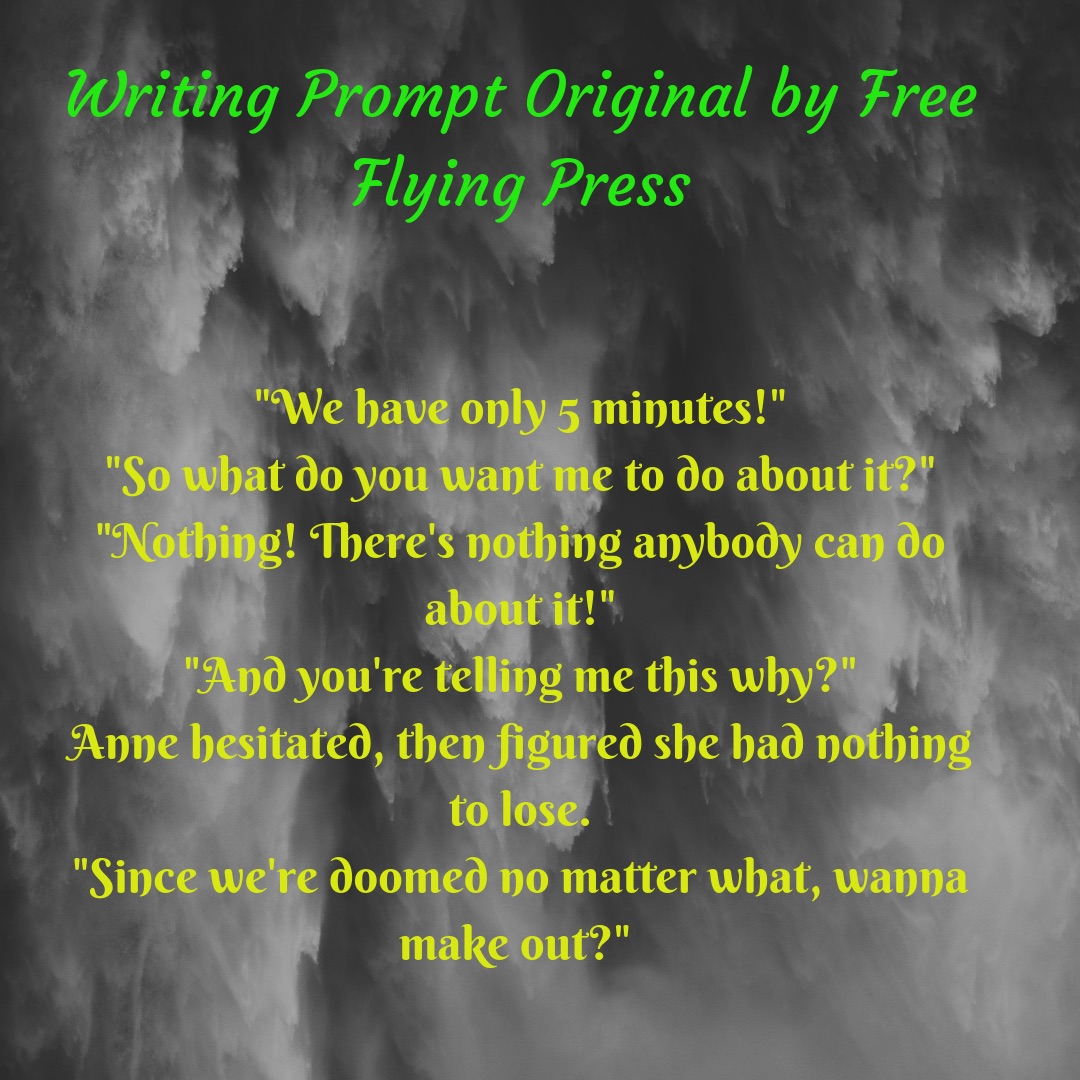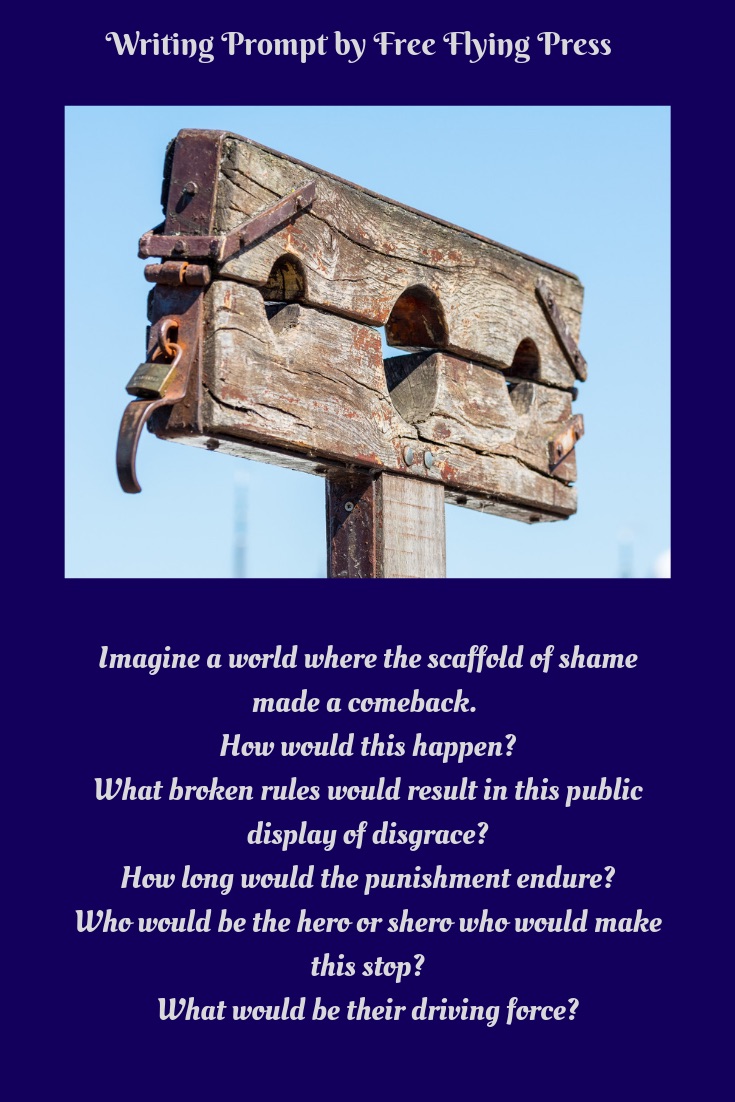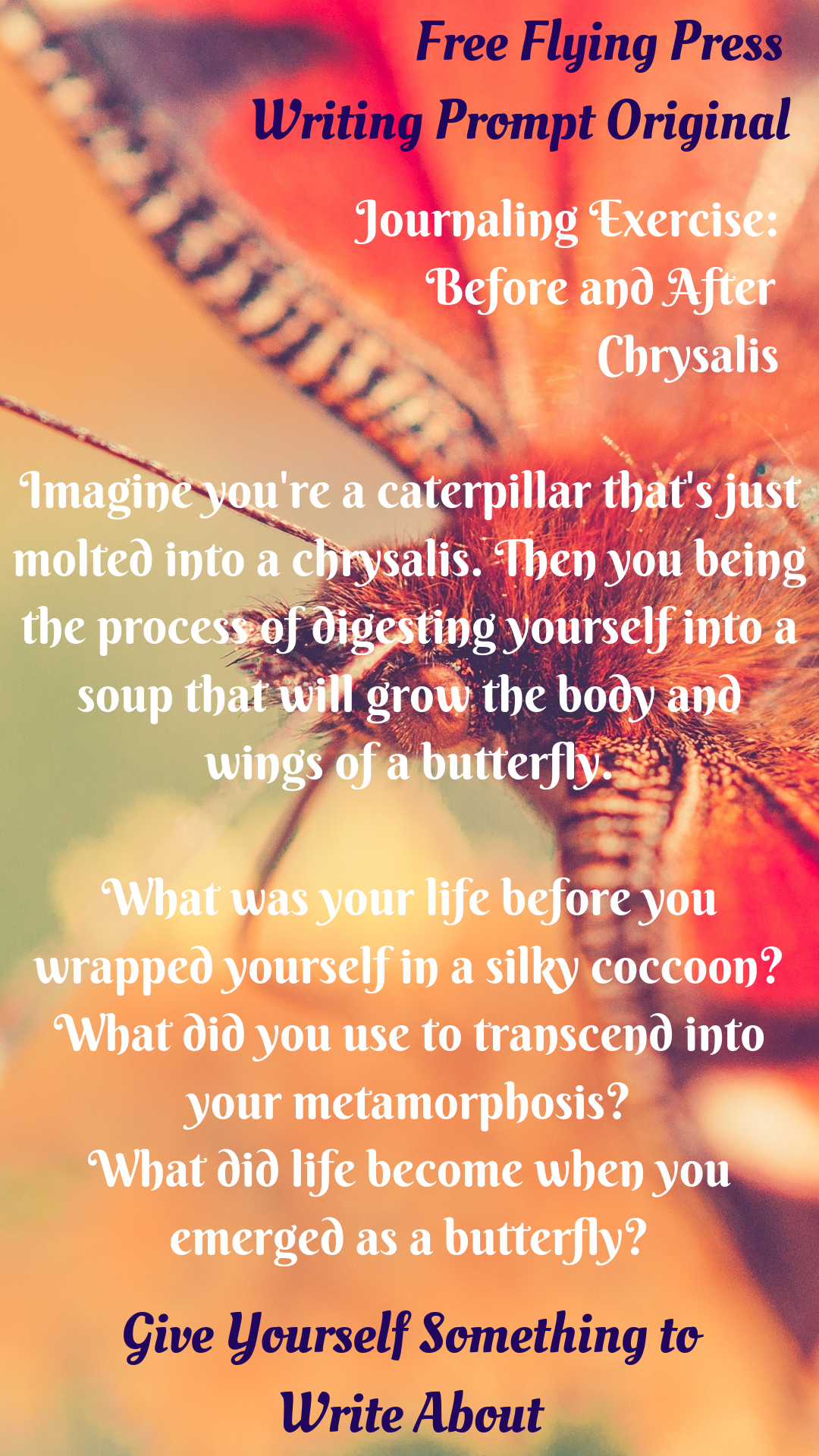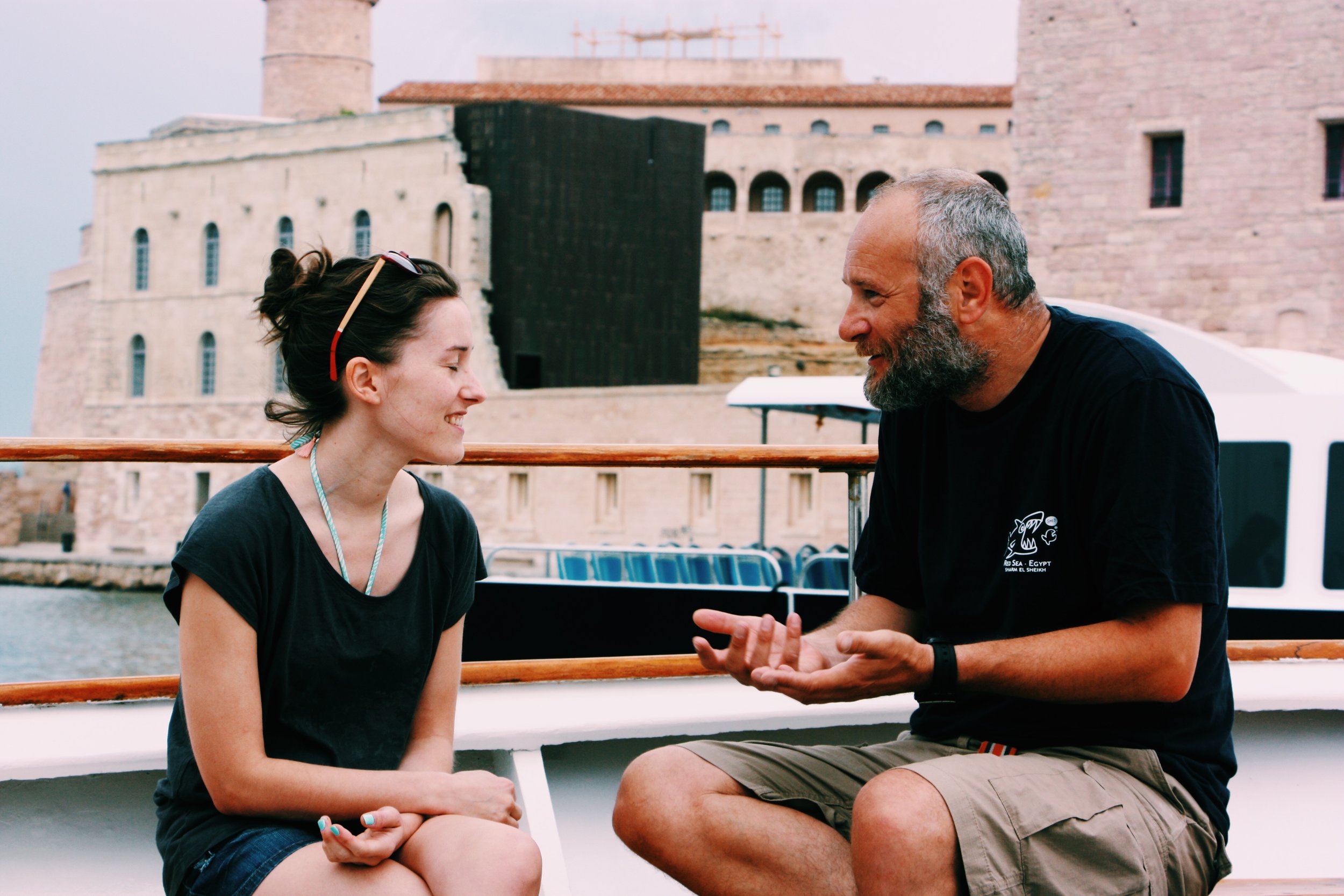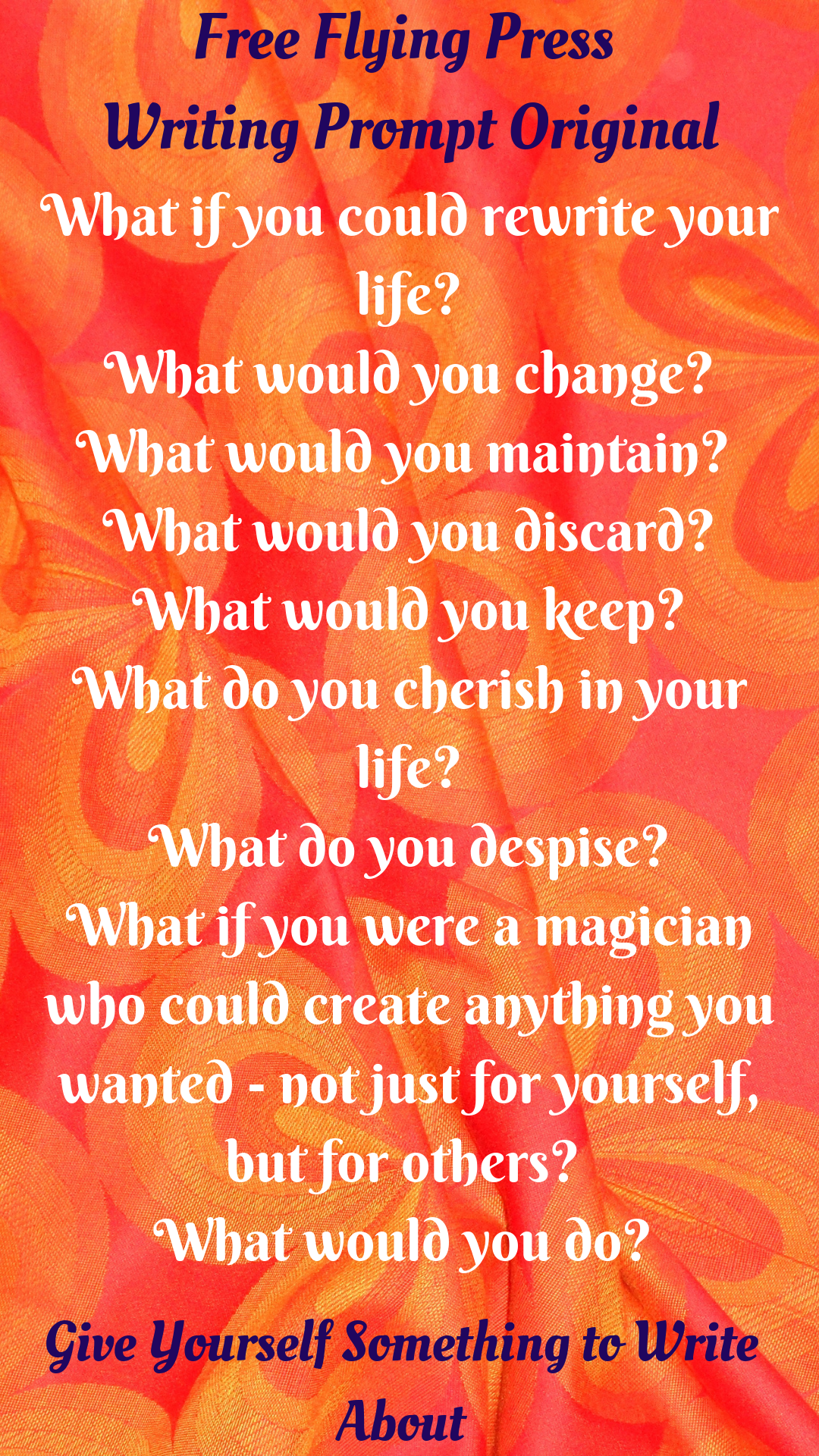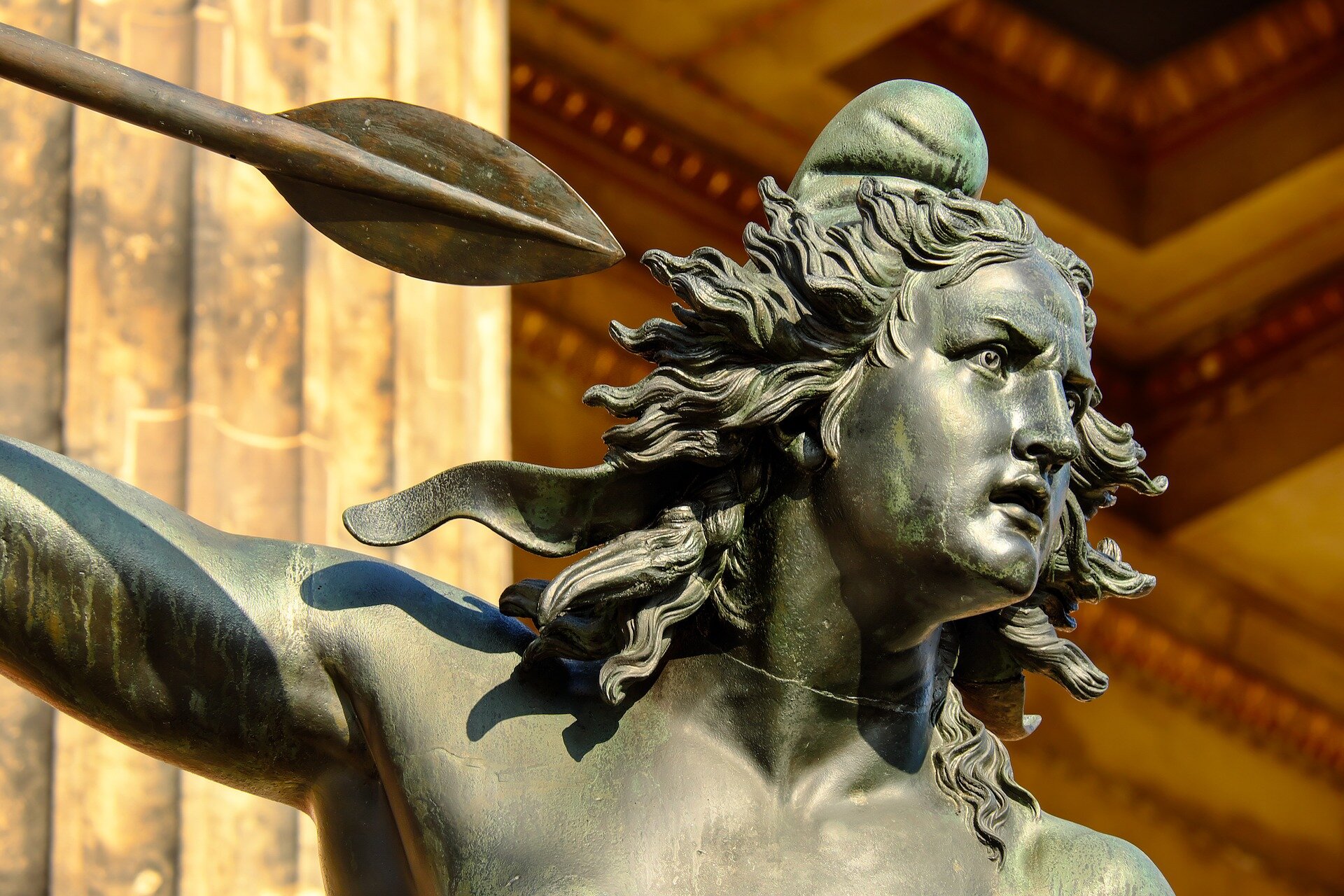In case these aren’t enough, there are plenty more prompts to be found here and here.
Writing Advice on Character, Plotting, Novel Structure.
/Plot first, character second, or character first, plot second?
That is the question many of us struggle with.
General rule of thumb: Characters who drive the plot make up literary fiction; a fully developed plot where the characters come across as ‘flat’ or ‘1-dimensional,’ kind of like actors in a play, make up commercial fiction.
Perhaps that is an oversimplification. But generally speaking, it’s pretty easy to discern when a novel has its foundation in ‘character’ or ‘plot.’
To refer again the marvelous Margaret Grossman, one is either a plot writer or a character writer, and each envies the other their talent.
As a plot writer, I’ve had to research and devise tools to give birth to more intriguing characters – or at least, I think they’re intriguing. But I haven’t a clue how to show those writers who struggle with plot how to develop one.
Remember the post, Engaging Characters or Juicy Plot?
In it, I gave a character checklist for those who write plots but don’t write characters naturally. If you’ve never seen that post, here’s the link.
This is a similar tool I use when I’m struggling with fleshing out characters and why they do the things they do. Since I write plot naturally, I have to work on developing characters. Yet it’s very difficult to give pointers on something that comes naturally, at least it is for me.
Anyhow, on Pinterest, I came across a writer, Penelope Redmont, who offered a very simple and elegant method for developing plot, clearly for those who naturally write character. Here’s that wonderful blog here.
Also, while I’m at it, here is my Cage-Escape-Quest-Dragons-Home, the basic structure for forming chapters and the arc of the novel as a whole. This may help with the character arcs Penelope Redmont refers to in her blog, Plotting Fiction: 3 Plotting Tips to Make Fiction Easy.
And guess what else? Penelope Redmont writes Romance! Regency romance and romantic suspense – ha! Oh, what an odd coincidence that is! For anybody who doesn’t understand why that’s strange and would like to know, check it out here.
How to Write When You'd Rather Netflix and Chill and the 15 Steps to Get There.
/You’ve made progress on your novel. You’re on your second draft and past the halfway point. You can’t believe it. Once you’re done with this, the novel will need work, edits, polish, maybe even one more rewrite.
The second draft is coherent in a way that the rough draft was not. The rough draft was a mess. Once you have finished the second draft, you have finally finished a book - a novel that needs work, but still a book.
Then your monkey mind starts swinging through the trees and your ADD goes off the chain. You can’t focus.
You remember you forgot to pay the electric bill. Then while you’re on your phone to pay that bill, you see 2 Facebook Messenger notifications, and wonder who is reaching out to you?
You open them only to find out it’s a nudge to say hello to your latest Facebook friend and another is an annoying group chain.
You leave the conversation and scroll through your feed only to find garbage. You wonder why you don’t have the nerve to disable your Facebook account because the bastards are violating your privacy anyway.
Then you remember that you forgot to pay the frigging garbage bill, and if you don’t pay it today you’ll be charged late fees. So you actually pay the bill, and suddenly, watching your favorite Netflix series sounds like the perfect reward for paying that garbage bill at the 11th hour.
But wait a minute. You haven’t written your pages today. You didn’t write your pages yesterday either, or the day before. You feel the stirrings of panic in your belly and guilt weighing your shoulders down into the I-hate-myself slump.
You lose momentum when you miss writing days. You know every day you miss writing only makes it worse because then the Shame Monster comes to life and laughs in your face.
“Slacker,” the Shame Monster chortles. “You’ll never finish that book. I knew you didn’t have it in you.”
I like happy endings.
So in this version of the story, your will resurrects from the dead and comes to the rescue.
Step 1) Tell the Shame Monster to go *%$# itself;
Step 2) Grab a notebook and pen.
Step 3) Write every bit of nonsense and distraction you can think of, every random thought that comes to your head. Write freely and keep your pen moving. Write until you feel calmer, more focused. If you want to time yourself, go ahead.
Step 4) Have a light snack. This step is optional.
Step 5) Open your laptop (or typewriter, some people still use these) and get to the last chapter you were working on when you got distracted. Read that chapter out loud.
Step 6) Any awkward places or light editing that comes to mind, go ahead and make those changes. That gets you back inside your story.
Step 7) When you get to the last lines of the unfinished scene, WRITE. Even if your writing is clumsy, KEEP WRITING until you finish that scene or that chapter.
Step 8) If the writing sucks, allow it. That’s what rewriting the next day is for.
Step 9) Have a light snack.
Step 10) Keep writing. If finishing that scene or chapter didn’t bring you to your minimum word count goal, continue writing the next scene or chapter until you have.
Step 11) If your writing sucks, allow it. That’s what rewriting the next day is for.
Step 12) Write past your minimum word count goal. You’ve slacked off and you need to push through that resistance until you’re in love with yourself and your writing again.
Step 13) Once you feel complete, close down your laptop.
Step 14) Do a happy dance.
Step 15) Netflix and Chill without shame.
For more advice on how to discipline that ADD monkey mind, click here.
6 Post-Breakup Freedom Drunk Writing Prompts Because I Can! And They're Original!
/Breakups come with dubious advantages. Here, one advantage is that I find it a safe distraction to make up writing prompts that have nothing to do with my ex-relationship. Since I’m having a hard time concentrating on everything else, this is a gift for other writers.
These prompts work for fantasy, romance, suspense, adventure, and journaling - which could help with memoir or even fresh ideas for a novel. It all depends on YOU and your inspiration!
Perhaps you’d like to check out my novel, “Ella Bandita and the Wanderer.” If so, click here!
If you’d prefer a freebie (Part 1) to check it out, click here!
In the meantime, enjoy these prompts and I hope they inspire you!
What a Fabulous Conversation! 5 Tips on How to Write Gripping Dialogue.
/I love dialogue.
Of all the elements of fiction, dialogue is my favorite as both a writer and a reader. I get excited when a come across a long stretch of dialogue in a novel, and as a writer, I work on dialogue for hours.
There is no resistance. I love picturing these scintillating conversations between characters, and I have no complaints working out the kinks as I put those talks to paper.
If anybody has come across some of my work-in-progress excerpts, you would find a lot of dialogue because I love it so much. If you’d like to check that out, go here.
Maybe I should have been a screenwriter. Because splendid dialogue between characters on a movie screen makes me high for days.
For example, Pulp Fiction is one of the best dialogue movies I’ve ever seen. Without the exquisite dialogue in every single scene of the movie, Pulp Fiction would have been awful.
As far as the characters and the plot are concerned, the stories are disturbing. Generally speaking, all the characters are out for themselves and nobody has a moral compass.
There are exceptional scenes of personal growth, like the choice Butch made to save Marcellus Wallace from a hideous fate, even though Marcellus Wallace had put a hit on him.
Also, the epiphany of Jules to quit the hit man’s life, walk the earth as a holy man, in the final scene when he spares the lives of Pumpkin and Honey Bunny, made a breathtaking end to a film that boggled the minds of most people who saw it.
Pulp Fiction took black humor to a new level. Throughout the many psychotic and psychopathic events, the audience laughed hysterically and savored every moment (or almost every moment), and I believe it was because the dialogue was that brilliant.
This was during the days when Quentin Tarantino collaborated with Roger Avary. Either Avary was the dialogue genius, or the two of them needed each other for that magical precision of back and forth verbal volley between characters. All I know is the dialogue in Tarantino’s films has made me cringe once they fell out and parted ways. Too many monologues.
I love good dialogue in a novel. I relish the chance to imagine these fictional conversations in my mind and put myself in the story as one of the characters.
The dialogue in Tom Robbins’ work (Even Cowgirls Get the Blues, Jitterbug Perfume, Still Life With Woodpecker) makes me want to dance and celebrate the glory of life. But his characters and his plots are every bit as magnificent as the dialogue they speak.
Back in the day, Jane Austen had some pretty luscious dialogues set in Regency England. But Jane Austen had far more fodder to work with. We’ve gotten lazy and unskilled in the act of communication. For centuries, conversation was an art that most people wanted to excel at.
Now that my rant about my love of dialogue is finished, the nuggets of advice I can offer on how to pen dialogue are:
1) Practice Writing Dialogue. Even if you suck at it, or think you do, make this a regular part of your writing practice.
2) Recall the most recent boring, inane small talk you engaged in recently (happens a lot in life), and throw in an unexpected twist. From there, one key word becomes several key words that feed the following next lines until you have a dialogue the flows like a cascade of dominoes.
For instance:
“I’m so sick of all this rain, aren’t you?”
“I’m sick of my husband’s farts in the middle of the night. Makes me want to sleep in the rain.”
“Oh really? My boyfriend talks dirty in his sleep. I wouldn’t mind so much if he wasn’t talking dirty to some chick named Agnes.”
“Who the hell talks dirty to girls named Agnes?”
“I know, right? Agnes sounds like somebody’s granny!”
“My grammy’s name was Serena.”
“That’s a sexy name.”
“Hey! That’s my grammy you’re talking about!”
“Maybe Agnes should change her name to Serena.”
“Why? She’s doing just fine if your boyfriend is talking dirty to her in his sleep.”
“Then I should change my name to Agnes.”
“That’s crazy! Maybe you should break up with your boyfriend.”
“Yeah, that may not be a bad idea. My boyfriend has a micropenis on top of all this.”
“That explains why he’s talking dirty to a chick named Agnes in his sleep.”
You don’t have to use this in anything. So relax, play with words and images, simply to see where the flow takes you. If you practice writing unexpected dialogue, eventually you will make magic happen in the dialogue of the stories you care about.
3) Eavesdrop. Listen in on conversations you find juicy, fascinating, or even irritating. Then write as much of them down from memory the best you can. Since chances are good (unless you have a 100% photographic memory ) you won’t recall everything, you’ll have to improvise.
Feel free to use step #2 above to take it in a different direction, and thus make the dialogue your own.
4) Read Your Dialogue Out Loud. That’s the only way you can hear the rhythm and flow of a conversation. You’ll catch any glitches or things that sound false.
5) For anybody who really struggles with dialogue, I suggest writing dialogue between the writerly YOU and your principal characters.
I suggest doing this one character at a time, to open yourself up to an impression of who they are as people and how they sound, even their quirky and unique expressions.
A few exercises like this and you’ll be creating luscious dialogue between your characters with little to no trouble.
I’m also happy to share a lovely article that gives other detailed tips on dialogue. Click here.
6 Lovely Writing Prompts for Fantasy, Romance, Journaling!
/Time for some more writing prompts! Here are some luscious ones that could inspire fantasy, romance, love story (my personal favorite), journaling, or even memoir. It’s all up to you. If you like these, click here for the writing prompts that came before. I may offer more this month simply just because…
How to Find Writerly Concentration With an ADD Mind
/I used to think that procrastination was the biggest problem I had as a writer. But now I’ve come to realize that it’s my attention span.
Perhaps procrastination is a side effect of ADD, or it’s simply a bad habit that happens to be very compatible with somebody who is distracted at the drop of a hat.
While I was growing up and through college, I timed my space outs really well, at points in the lecture where a story was being told or somebody asked a question. It never affected the information I gathered or my exam results.
Of course, I took many breaks from studying and had the most epic conversations of my life on those breaks. But my grades always reflected my ability and the time I put into those courses.
So no complaints.
Then smart phones came along and made me stupid.
I’ve noticed in the not even 7 years I’ve had my smart phone and can surf the internet, and check my email and Facebook whenever I want, that my attention span has plummeted.
That nasty little tool makes it way too easy to get distracted from something that actually matters – like writing a novel.
The hours of uninterrupted concentration I enjoyed with the collection of stories and my first novel, I don’t have the attention span for it now.
And it has really freaked me out. Progress on the 2nd novel has gotten much slower.
But I’m still making progress.
So what to do?
1) A really great habit to pick up is meditation.
I stuck with it for 6 months, and that was when I finally picked up some steam with The Shepherd and the Courtesan, the 2nd book in the Ella Bandita stories. My attention span increased and concentration became more effortless.
However, I’ve let my meditation practice drop and I plan on picking it up again because it’s so good for me on so many levels.
But in the meantime, I haven’t dropped writing the novel with the drop in my meditation practice.
2) Work within the nature of your ADD mind.
That is a habit I picked up during 6 months of daily meditation. I allow the distraction until I can’t stand it anymore.
In other words, if I get distracted, I allow myself to venture off down another avenue, because I notice I get bored or irritated quickly when Facebooking, surfing the Internet, or a Netflix show. (Yes, I have Netflix on my phone. I’m such an addict.)
When that happens, I go back to my piece and really don’t have too much trouble getting back in the groove.
When I get distracted again, I started working on those short and sweet blogs, when I need a break from my novel or NetFlix or Facebook (which is not a satisfying pursuit anymore) or whatever else made me look for a squirrel. In fact, I found this habit the most practical, because I will go back to it.
And here I’ve written a lovely little blog on a break from my novel.
Piece of cake!
4 Steps and 40 days to Healthy Habits For Writers Who Struggle With the Juggle!
/Hey y’all,
Did you know that it takes 40 days to change a habit?
According to the late Yogi Bhajan, it is so. It also takes 90 days to confirm the new habit; after 120 days, the new habit is who you are; and if you keep it up for 1000 days, you have mastered the new habit.
I’ve found that 120 days will make some profound changes. 120 days was enough to quit smoking. I did this by replacing a bad habit with a good one. Instead of puffing on a cigarette, I practiced the Kundalini breathing exercises Yogi Bhajan passed on to Western culture.
I focused on 1 or 2 meditations and mantras at a time for 40-day runs. At the end of that winter, I had transformed into a non-smoker rather than an ex-smoker craving a cigarette. That was more than 15 years ago.
Some would say Yogi Bhajan was a cult leader. And maybe that is true. Either way, smoking is a gnarly addiction for a lot of people; it was for me, so the man and his memory have my respect, as well as my gratitude.
Since then the 40-day method has been my standard go-to when it comes to making constructive changes in my life.
I’ll get back to this later.
A few days ago, a gentleman responded to a meme on my Twitter page about writer’s block. From what he had to say with very young children to raise, I gathered that he doesn’t have time to write.
Since I’m new to parenting via the stepmother path, I could sort of relate to what he was talking about.
I got to thinking about all we have to juggle in life – and then there’s the writing. It’s a balancing act that I’m not comfortable with. There was a time when I had the time to isolate for several weeks to write a rough draft because I didn’t really have to worry about anybody but myself.
Even if the loneliness of being that single got to me so much that I suffered some serious writer’s block as a result, I miss having that kind of space to immerse myself in another world. Now, I only get 2 hours of daily writing time - 4 if I’m lucky - before I have to move on with everything else that needs to be done.
As an independent author, I’m also a publisher. I have to find my editors, artists, graphic designers, printers, and whoever else will be involved in the process of giving birth to a new book.
Independent author or not, there’s no getting away from all the social media stuff that needs to be done. Instead of simply working on the creative juice of novels and stories, writers now have to have a platform. We have to blog, tweet, pin, Facebook, and Instagram, etc.
All this for the sake of getting our name out there in the hopes that the world knows our stuff exists and will come to read it and love it. Traditionally published authors have to do the social media thing just as much as the Indies do.
Then there is the stuff of life - relationship, friendships, parenting, day jobs, and beloved hobbies for those who have the time.
Maybe it’s just me, but it seems there are more demands on time and attention and energy than ever before. Or maybe it’s because a child has been thrown into the mix of life, and I’m still getting used to that.
I’ve never been organized in my life, and now I have to be at least a little competent at it. Which brings us back to habits because I had to improve mine.
So about that 40-day method of creating healthy habits…
Or 90 day.
Or 120 day.
Last year, I made a commitment of 4 small yet mighty changes of habit - daily meditation, walking, chores, and writing. I started the day with meditation and walking before getting my morning coffee. Then I wrote at least 2 pages every day and did at least 1 chore.
I did this for 120 days.
Small changes led to big results.
Meditation balanced me a lot more and I could concentrate so much more.
I lost about 15 pounds from walking – just walking.
I usually wrote more than 2 pages a day.
One chore often led to another chore, sometimes 2 or 3 more.
I’m not saying that I’m a neat freak now, but I tidy more than I used to and it has made a difference in how functional I am.
In that 120 days, I finished the rough draft of the novel that I am well immersed into my second draft now. In that time, I finished rewriting and polishing a fairy tale I wrote years ago.
I was more productive during that 120 days than I had been in years. With all the demands on my time and energy, I was much more productive than when I had the time and space to dive into an imaginary world for weeks at a time.
Just in case anybody would like a to-do checklist on consciously changing habits, I got some great tips from the guys at JumpCut, and their Viral Academy on making Youtube videos. Here ya go:
1) Identify the bad habit you need to change.
We lie to ourselves all the time about our habits, and justify them. Don’t do that.
2) Replace the bad habit with a good one.
We rely on our habits to get through the day. Taking away a bad habit without putting something else in its place won’t work. For example: Meditate for 5-10 minutes first thing in the morning, instead of opening your phone to check Facebook. Or do deep breathing exercises that will give you a head rush instead of reaching for a cigarette. That’s what I did.
3) Plant a seed habit.
Start small and build from there. It helps if you put yourself in the position that you have to do it. That makes it easier to do it every day. For example: Walk or ride bike to work. Write 2 pages before checking social media, etc.
4) Don’t break the chain.
This is where the 40 days comes in. If you don’t have a wall calendar, get one. Put a big fat X in any color you want on each day that you do your new, healthy habit. Do this for as many days as you can. Doing this feels deliciously satisfying.
If you make it to 40, try to push it to 90 days. Maybe spread to 120 days. And then…
I should probably aim for 1000 days to make sure these new habits stay with me forever.
Are there any writers out there who have any healthy habit forming tricks you’d like to share? What tools do you have to make it all happen? If you have any insights, please check in with a comment or two. Check in if you struggle with the juggle. Because I’m pretty sure we all do.
Truthfully, I should start another 40-day challenge to get the second draft done. Or 90 day. I’m sure I could get this draft done in 120 days.
For anybody who wants to be a Youtube influencer, or to check out some of Jumpcut’s courses, click here. For the record, this is NOT an affiliate link, and I do not get a commission if you anybody signs up. That one video they did on changing bad habits did me a lot of good and I want to spread the love.
Thanks for reading.
Peace,
Montgomery
For the Love of BackStory!
/Fiction has changed a lot, and really, not necessarily for the better.
My ex-fiancée used to teach high school English, so she stayed current on YA fiction. She has a particular love for YA dystopian fiction, but she even read YA fiction she didn’t like to stay on top of what her students were reading.
Like me, she has loved to read her all her life. But I have given up on most contemporary fiction because I think most of it has gone down the toilet. She agrees, and insists that most of the great writing right now is happening in YA.
If I had to guess, I bet one of the reasons why is YA doesn’t cut out backstory.
I read voraciously when I was a kid. Growing up, I read mostly commercial junk and did not become actively interested in the classics until I was in college.
But one thing most of my favorites novels had in common was that the backstory was a crucial part of developing the core plot. Novels were often hundreds of pages long, and far longer than the 100,000-120,000 word limit of what is now considered an epic.
What made up all those pages and words? Backstory. The backstory of each of the characters before they came to be a part of the main plot line was anything but shortchanged, and usually described in great detail.
These were incredible stories and I loved falling into those worlds.
The biggest mistake I made with my first novel of the Ella Bandita stories (Ella Bandita and the Wanderer) was cutting out so much backstory. The reason why? Because I was trying to get traditionally published, and all the agents and editors insisted on a word count between 70,000 and 110,000 words.
Sometime after the 80’s, novels became shorter; backstory was only a succinct mention, and in many cases all but disappeared. If the story is one that takes place in a short frame of time, that would work fine most of the time. But how can anybody have the space to disappear into another world when that universe is so constricted?
It didn’t work for me.
The criticism pointed out the most often in my reviews is due to the lack of backstory. The critical readers expressed an inability to connect or understand the main character.
For a long time, I’ve known I need go back and rewrite it, add that backstory. But I simply couldn’t do it. I wrote and rewrote and cut out large chunks of that first novel so many times, the thought of working on it anymore made me weary.
There comes a time when you have to move on to the next book, so I did. Lesson learned, but ouch, that hurt.
Then it occurred to me that I could add to it.
Since Ella Bandita and the Wanderer was written as novella segments, I could take those 75 pages that had been cut, mainly written from the The Horse Trainer’s point-of-view, and put them before Birthing Ella Bandita.
I could also write a novella in the 1st person from her mother’s point-of-view, in the final days of her pregnancy, knowing that childbirth was going to kill her. That could be at the beginning. The main character would still be at the start of the story, even if she’s in utero.
Of course, this changes the entire tone of the novel, and the name needs to change. I think the name of the final novella of the novel as it is right now would work beautifully - The Heart of the Lone Wolf.
It makes sense, really. All the important characters in this novel are alone.
Right now I’m working on the 2nd draft of the 2nd novel in the Ella Bandita stories. When I finish, I’ll take a break from it and go back to the 1st novel and make those additions. It shouldn’t take too long and it will make a nice break from this draft.
As far as the 2nd novel work-in-progress is concerned, my working titles are: The Shepherd and the Courtesan, or The Art of Taking Chances.
Oh and the Courtesan has a juicy backstory. Even if the transformation of an ugly peasant girl named Addie into the legendary Adrianna the Beautiful has nothing to little to do with the main plot, I’m writing it and it’s staying.
Why? Because it’s good. Even if it makes the novel more expensive to print, it’s going in. Besides that’s the beauty of ebooks.
Maybe the glorious backstory can find its way back in to the pages of novels, now that printing may not be such an expense.
Engaging Characters or Juicy Plot?
/“Fiction writers are strong in either plot or character - never both and each envies the other their talent.”
So said Margaret Grossman, my favorite writing teacher of all time.
Her natural inclination was to write awesome, well-developed characters, the kind of people you’d want to sit down to coffee with and have long, intriguing conversations.
But she struggled with finding things for these lovely characters to do.
My natural inclination is plot.
I have absolutely no problem making stories up, with lots of plot points, twists, and turns.
But it’s connection to the characters that keeps readers engaged with the plot, and I’m sad to say that my characters are often misunderstood and their development criticized.
I struggle to flesh out fully actualized people in a fictional world - especially at that time when I worked with Margaret.
I also think it’s peculiar, because I am always trying to figure out the psychology of people in the real world, and what makes us all tick.
Perhaps all that amateur psychoanalysis has helped. Maybe I’ve improved since then, but criticism around character development is the most consistent when it comes to my writing.
Perhaps that’s why I use archetypal types for my characters?
Either way, I do the best I can, and sometimes that falls short. In my current novel, both the protagonists are telling their stories from 1st person “I.”
I hope that will make a stronger connection between the readers and my characters.
Truth be told, I believe this weakness around character development is a pretty common problem with most indie authors.
I haven’t made a formal study of it, but most indie authors whose work I’ve read have 1 dimensional characters as well.
I wish I could give some sage advice and how-to’s on how to write plot if you naturally write characters, but I’m one of those who doesn’t know how to teach something that comes very easily to me.
When it comes to writing character, I say practice.
But another tool that may come in handy is to write up a character sheet describing each of your characters, and then add some of those details in your plot pages.
Name:
Age:
Hair/Eye Color:
Height:
Unusual feature:
Beautiful/Homely:
Biggest Fear:
Greatest Hope:
Primary Motivation:
Likable Quality:
Fatal Flaw:
Quirks:
Best Friend:
Primary Partner/Spouse/Lover:
Secondary Partner/Lover:
What does this character want?
What role does this character play?
Is this character sympathetic and trustworthy?
What is the primary struggle for this character in this story?
Feel free to add any more details that may help flesh out your characters into a person you’d want to hang out with or the kind of person you’d avoid at a party.
It actually helps to list details of each and every character, no matter how minor they are. I don’t always do this exercise, but when I do, I find this tool helps bring characters to life.
And yes, as Margaret claimed, I do envy natural character writers their talent.
But at least I have an exciting, juicy plot line to carry the day, and I’m sure some writer somewhere envies my ability to do that.
Feminine Archetype Riff
/Maiden-Mother-Crone-Virgin-Vixen-Virago. Maiden-Mother-Crone-Virgin-Vixen-Virago. The litany of the feminine archetypes almost sounds like a nursery rhyme, doesn’t it?
We’re obsessed with the Maiden in American culture.
Maiden
Virgins are the belles of the balls, and the Vixens are the she-devils who devour the balls. The Mother plays a secondary role, there to support or to suppress. The Crone plays a minor role, and the Virago gets scarcely a mention.
This last is the greatest shame.
Of course, I’m speaking in generalities, and there are plenty of exceptions to this rule.
For instance, “Ocean’s 8: definitely had some pretty strong Virago power, which Sandra Bullock and Cate Blanchett rocked beautifully. There was even a Crone in the failing dress designer, who had some classic moments. But there were plenty of vampy Vixens going around. I’m sure there had to be or perhaps the film wouldn’t have been made.
That said, there is so much power and mystery in our feminine archetypes, with so many layers. Yet we only scratch the surface without going deeper, and thus cheat ourselves in literature and film.
Maiden, Mother, and Crone are the archetypes that represent the various phases women go through, given a full life span. These phases are pretty self-explanatory.
A woman doesn’t need to actually have kids to be in the Mother phase. We go through it one way or another – as aunties, mentors, and teachers.
Mother
But how many women do we know personally and in the media who desperately try to hold on to the phase of the Maiden and avoid the Crone phase like the plague?
How tragic is that? And why?
When the woman wears the Crone with pride, she’s often respected for it – like Frances McDormand, who gave a beautiful interview where she explained why she never got plastic surgery because it would erase her life from her face.
Also, Olympia Dukakis, whose career hit her peak in her Crone years, and is STILL getting work because of it (Tales of the City).
“Grace and Frankie” is one of the funniest comedy series on Netflix. What’s it about? Two Crones whose husbands leave them to marry each other.
Crone
“The Golden Girls” ran for 8 full seasons. One of my college roommates, a frat boy, really loved that show. But he had to justify it to his frat boy friends by complaining that he hated liking that show because “it was about women.”
That statement alone is fodder for another blog post. Most people get more interesting with the passage of time due to EXPERIENCE, and the ones who don’t lack the qualities to develop wisdom. So it’s absurd that anybody would have to apologize or feel defensive about liking quality writing and great characters.
So why do we obsess over the Maiden, whose feminine power has yet to be fully grown?
Virgin
Maybe about to be devoured by lion?
This post may come across as rather peculiar of me, given that as a writer, my central character in the Ella Bandita stories is an eternal Maiden, a Vixen destroyer who stopped aging at the age of 20. This, of course, also makes her a Virago in the most unflattering light.
But!
Yes, but…
As much as that may seem enviable, Ella Bandita is tragic. She is frozen in time while everybody around her grows older and eventually dies. She is trapped in her destroyer phase because she is also very ALONE, and she knows it.
This brings me to the next triad of archetypes, those that imply character, personality, identity.
Virgin, Vixen, Virago. We’re all familiar with Virgins and Vixens because they get plenty of airtime in books, shows, theater, and movies. But what I dislike about this is that the dichotomy sets it up to pit women against each other.
For instance, “Something Borrowed” is a romcom that I didn’t particularly care for, yet illustrates this dichotomy between the Virgin and Vixen beautifully. Kate Hudson is the Vixen best friend who snags Ginnifer Goodwin’s crush from right under her nose - and with her permission - because the Virgin didn’t have the backbone to speak up for what she wanted until the Vixen and her love interest were engaged. Of course, the Virgin ultimately gets the guy and their friendship is destroyed.
There was even a competitive Virgin-Vixen subplot in the teenage boy’s coming out tale, “Love, Simon.”
Vixen
Last, but not least, is the Virago. She has been the most underrepresented of the 3 V’s. When she is, the image is usually unflattering.
“Virago: A domineering, violent, or bad-tempered woman.” See what I mean. Violent Ella Bandita is very bad-tempered in the first novel.
“A woman of masculine strength or spirit; a female warrior.” An improvement. If Katniss from the Hunger Games starts a trend, perhaps the Virago is getting some of her due.
“A woman of stature, great strength, and courage who is not feminine in the conventional ways.” Now that’s more like it. Xena, Warrior Princess comes to mind.
Virago



